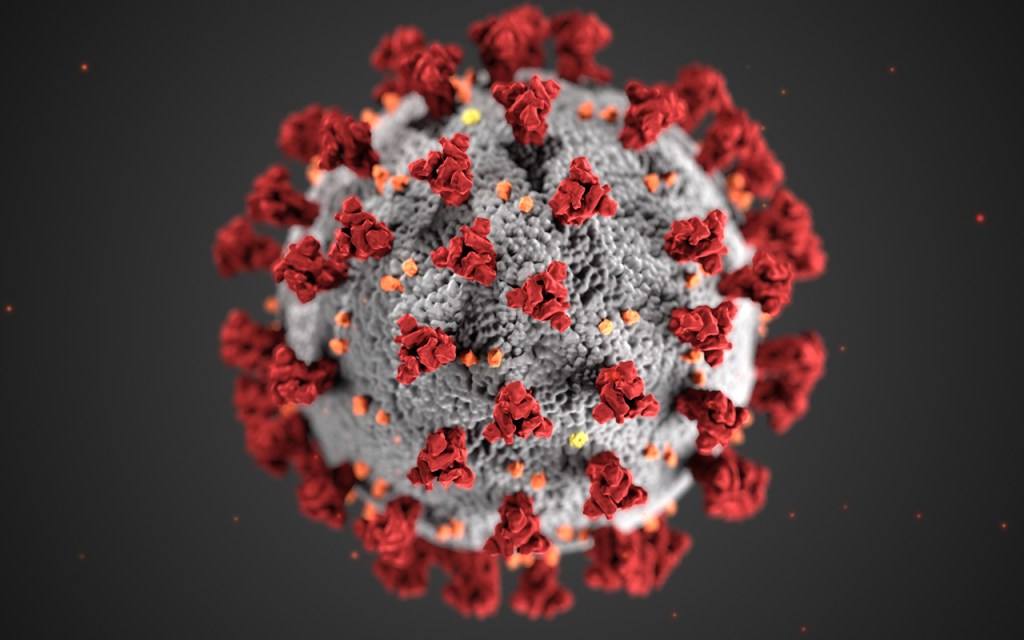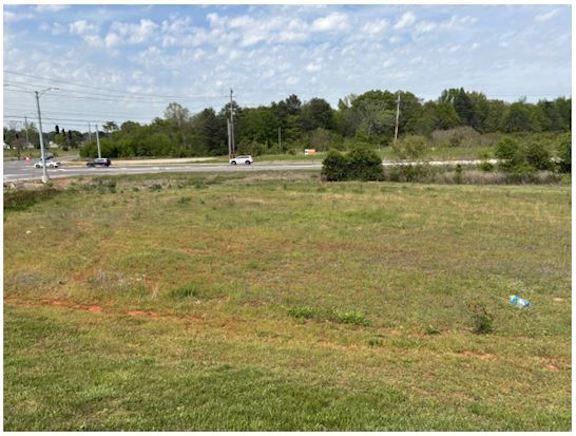Testing and trials: Huntsville Hospital, UAB speeding to fight COVID-19
Published 1:00 pm Saturday, March 28, 2020

- Coronavirus icon
Huntsville Hospital is partnering with a Huntsville nonprofit to get new coronavirus samples tested in hours, rather than days.
Meanwhile, the University of Alabama at Birmingham is testing a drug it hopes can be used as a treatment for patients stricken with COVID-19, which is caused by the virus.
Trending
Huntsville Hospital CEO David Spillers said Friday the hospital has been sending some high priority samples to Diatherix Eurofins of HudsonAlpha Institute of Biotechnology in Huntsville when they need a very swift turnaround.
Jennifer Cart, president of Diatherix Eurofins, said while she cannot name individual clients, Diatherix does have many hospital and physician office-based clients.
She also said Diatherix reports results the same day as the specimen is received.
Although thousands of people have been tested for COVID-19 throughout the Huntsville Hospital System, which includes Athens-Limestone Hospital and 10 other North Alabama hospitals, Spillers said 67 have tested positive.
Swifter lab results
Spillers said the hospital is now using Diatherix for priority cases and Assurance Laboratories for other cases, Spillers said.
Trending
“Diatherix takes a few hours, very quick turnaround, and Assurance is 24 hours, sometimes a little longer,” he said. “Most people are now getting their test results in 24 to 48 hours.”
If you went through a drive-thru clinic early on and waited much longer for results, there is a reason for that.
“When we first started testing in the drive-thru, we used a different vendor,” Spillers said. “They were taking a week or longer to return results, so we quit using them. Some tests were taking well over a week because it was a national lab and they were overrun. But, it was the only option we had early on.”
Priorities
Testing is done according to priorities.
High priority patients are hospital workers and hospitalized patients believed to be positive for COVID-19.
Because these patients require greater hospital resources, it is important to determine as quickly as possible if they actually have COVID-19.
“We put them under all the isolation protocols and no one can go in without protective equipment,” Spillers said.
As for hospital employees, it is imperative to obtain their health status swiftly because they are caring for patients and are needed at the hospital unless they have COVID-19.
“We need a fast turnaround on these patients so COVID-19 can be quickly ruled out,” Spillers said.
Those not considered high priority are those who come through the drive-thru, who may have COVID-19 but appear all right, he said.
“In the drive-thru clinic, if someone appears to have COVID-19 but is doing well, we tell them to self-quarantine until we get results,” Spillers said.
This also applies to milder cases coming from doctor’s offices in which the patient is doing OK and can walk around, he said.
No shortages
Although some hospitals in the nation are experiencing shortages of masks, gowns and other hospital equipment needed to deal with the COVID outbreak, Spillers said Huntsville Hospital System is OK.
“At this point, we are doing well, as long as our distributors can supply us and our utilization rate doesn’t go too high,” Spillers said.
UAB seeks treatment
The University of Alabama at Birmingham is currently playing a key role in expediting clinical trials to combat COVID-19, an official said this week.
UAB will take part in global clinical trial to evaluate the safety and effectiveness of new therapeutic agents in hospitalized adults diagnosed with COVID-19. The drug remdesivir is the first agent to be evaluated in the trial, which is sponsored by the National Institutes of Health.
The UAB site was activated March 25 by the National Institute of Allergy and Infectious Diseases, part of the NIH. That means it can immediately begin enrolling people in this therapeutic clinical trial.
UAB is one of several sites being activated for the trial. The study will be conducted in up to 75 sites globally.
Dr. Paul Goepfert, professor of medicine in the UAB Division of Infectious Diseases, serves as the UAB principal investigator for the study.
“Remdesivir worked well in the test tube and animal models against a close relative of COVID-19,” Goepfert said. “We are very excited to have the opportunity to rapidly determine whether this drug will help treat hospitalized patients with COVID-19 here at UAB.”
The new coronavirus can cause mild illness that can be overcome, but more severe cases can be life-threatening, officials said.
Visit clinicaltrials.gov and use identifier NCT04280705 for more information on the trial. Visit uab.edu/coronavirus for updates from UAB on COVID-19.





